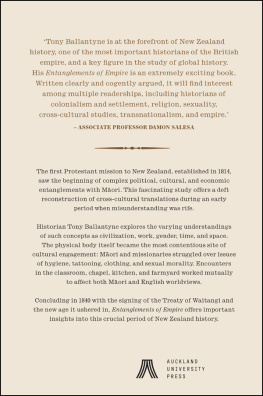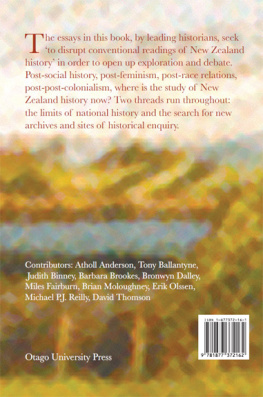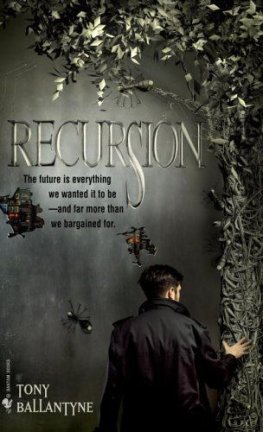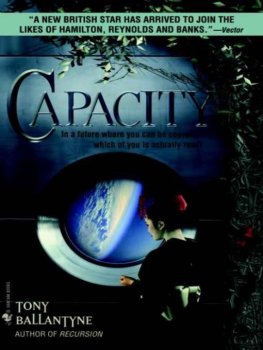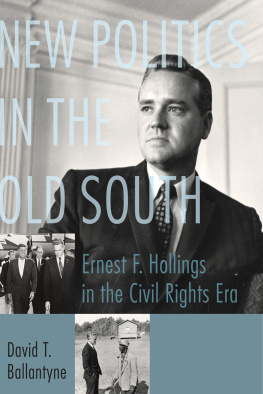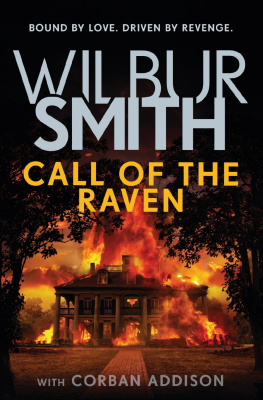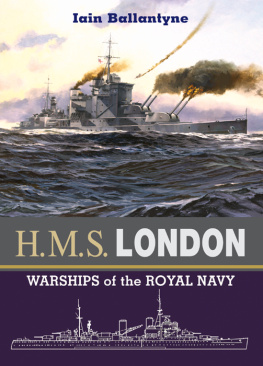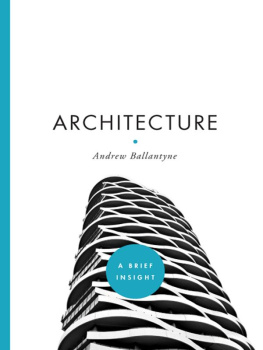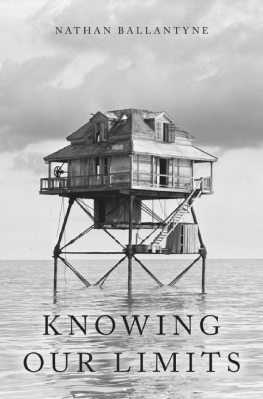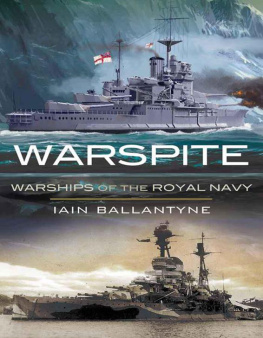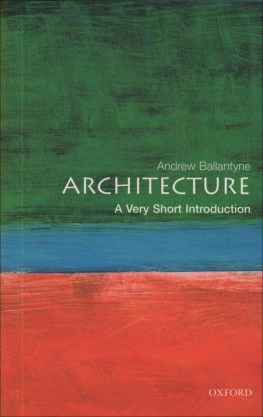Tony Ballantyne - Entanglements of Empire
Here you can read online Tony Ballantyne - Entanglements of Empire full text of the book (entire story) in english for free. Download pdf and epub, get meaning, cover and reviews about this ebook. year: 2015, publisher: Auckland University Press, genre: Politics. Description of the work, (preface) as well as reviews are available. Best literature library LitArk.com created for fans of good reading and offers a wide selection of genres:
Romance novel
Science fiction
Adventure
Detective
Science
History
Home and family
Prose
Art
Politics
Computer
Non-fiction
Religion
Business
Children
Humor
Choose a favorite category and find really read worthwhile books. Enjoy immersion in the world of imagination, feel the emotions of the characters or learn something new for yourself, make an fascinating discovery.
- Book:Entanglements of Empire
- Author:
- Publisher:Auckland University Press
- Genre:
- Year:2015
- Rating:3 / 5
- Favourites:Add to favourites
- Your mark:
- 60
- 1
- 2
- 3
- 4
- 5
Entanglements of Empire: summary, description and annotation
We offer to read an annotation, description, summary or preface (depends on what the author of the book "Entanglements of Empire" wrote himself). If you haven't found the necessary information about the book — write in the comments, we will try to find it.
Entanglements of Empire — read online for free the complete book (whole text) full work
Below is the text of the book, divided by pages. System saving the place of the last page read, allows you to conveniently read the book "Entanglements of Empire" online for free, without having to search again every time where you left off. Put a bookmark, and you can go to the page where you finished reading at any time.
Font size:
Interval:
Bookmark:
ENTANGLEMENTS OF EMPIRE
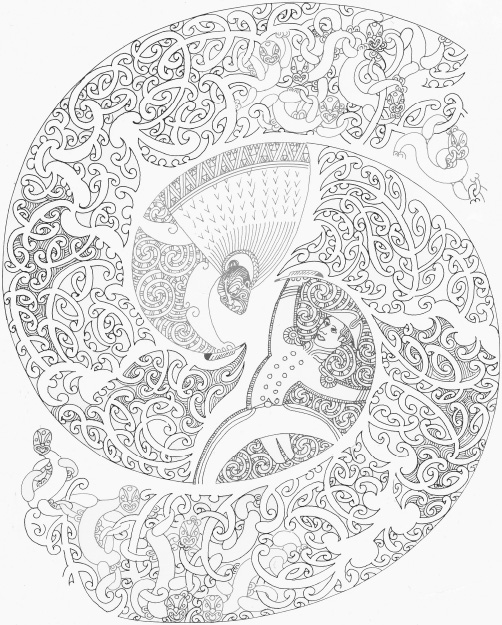
MISSIONARIES, MORI, AND THE QUESTION OF THE BODY
TONY BALLANTYNE

FOR CLARA
This book has taken a long time. In fact, I began reading the archival material that this monograph is grounded in before I had ever contemplated becoming a professional historian. My first exposure to the encounters between missionaries and Mori in northern New Zealand came in a second-year honors history class taught at the University of Otago by Michael Reilly, who required his students to immerse themselves in missionary letters and journals. The excitement of that initial research experience, deciphering copies of missionary journals and, in some cases, handling their original letters, was profound, and it encouraged me to begin thinking differently about my own career path. In the fourth and final year of my honors degree I completed a dissertation on missionaries and sexuality in the Bay of Islands under the supervision of John Stenhouse. That year I worked through a range of early missionary sources and read widely in Mori anthropology and British religious history, an experience that convinced me to pursue a doctorate. To Michael and John I owe a great debt: as teachers they encouraged me and opened up new ways of thinking and writing.
I returned to those archives only after I had completed my doctorate in England and revised my dissertation for publication. A Millennium Fund research grant from the National University of Ireland, Galway, enabled me to extend my research on evangelicalism and empire, and after I took up a position at the University of Illinois, Urbana-Champaign, an Arthur Beckman Distinguished Research Award kick-started my work on missionary sources and enabled me to return to New Zealand for research. In the later stages of the project, a Humanities Division Research Grant from the University of Otago helped me complete my archival work.
The manuscript bears the imprint of the work of many other scholars. In addition to Michael Reilly and John Stenhouse, my colleagues in the history department at Otago have shaped my work in a variety of ways: special thanks to Erik Olssen, Tom Brooking, Barbara Brookes, Brian Moloughney, Mark Seymour, and Angela Wanhalla. John Stenhouse remains a key early reader for all of my work that touches on religion. I am lucky to be a member of Otagos Centre for Research on Colonial Culture ( CROCC ), which has quickly developed into a dynamic group that nurtures new work on empire and colonialism. Lachy Paterson, a member of CROCCS steering group, has been a particularly generous colleague and helped me with some linguistic issues. I benefited as well from a couple of long conversations with Ryan Brown Haysom, an honors student at Otago, about my early work on William Yate. Ryan let me read his copies of the depositions relating to Yate and suggested that it was worth taking Yates poetry seriously.
I am grateful to Damon Salesa for rekindling my desire to finish this book: he does not realize how much his encouragement, delivered as he drove me to the Detroit airport in 2010, is responsible for renewing my commitment to getting this book finished. Michael Stevens, Rachel Standfield, and David Haines all provided valuable responses to early parts of the manuscript, and it is my great good fortune to have Michael as a colleague now. Frances Steel and Lydia Wevers answered specific questions with grace, and, in quite different ways, their work has been important in spurring my commitment to placing questions of communication at the center of reflections on missionary work. Antoinette Burton continues to point me to new things to read and new analytical vantage points, which I greatly appreciate. For over a decade Alan Lester and I have explored similar research questions and methodological issues. I really appreciate Alans engagement with my work and he remains an important scholarly fellow-traveller. I have also drawn encouragement and insights from the positive engagement of Penny Edmonds, Anna Johnston, Ann Curthoys, and Elizabeth Elbourne.
Portions of this project have been presented to a range of audiences at Griffith University (Brisbane); the University of Auckland; the Biennial Irish Historians Conference; the Anthropology Department at the University of Illinois, Urbana-Champaign; the Department of History and Art History at Otago; and Otagos Te Tumu: the School of Mori, Pacific and Indigenous Studies.
I would also like to acknowledge the research assistance of Mary Stewart, Rachel Standfield, Elspeth Knewstubb, and, in the final stages, Katie Cooper: Katie painstakingly checked transcriptions and compiled the bibliography. In the winter of 2005 I received sterling assistance from New Zealand Historic Places Trust staff at their properties in the Bay of Islands and Hokianga, and Liz Bigwood was especially helpful. More recently, Rebecca Apperley from the trust has been generous in discussing the Church Missionary Societys New Zealand libraries. Les ONeill, of the illustration unit in the Department of Anthropology and Archaeology at the University of Otago, did great service in producing the maps for the volume. Christine Rimene and Mark Brunton, successive Kaitakawaenga Rangahau Mori at Otago, advised me with regard to the research consultation process.
This work has drawn upon the knowledge and assistance of librarians and archivists in Britain, Ireland, the United States, Australia and New Zealand. I am particularly grateful to the staff of the Auckland War Memorial Museum and Library as well as the Alexander Turnbull Library, part of the National Library of New Zealand in Wellington. But my greatest research debts are to Hocken Collections at the University of Otago in Dunedin. The Hocken has an exceptional range of early New Zealand archives and printed works, with an incredibly rich collection of Church Missionary Society material, thanks to the intrepid endeavors of Dr T. M. Hocken himself. But it also has a wonderful team of archivists and librarians whose routine work makes publications like this possible and I would like to particularly acknowledge Anna Blackman, Katherine Milburn, the late David McDonald, Stuart Strachan, and Sharon Dell.
I was delighted to receive permission from the Waitangi Tribunal to use Cliff Whitings striking depiction of the imperial entanglements. I appreciate the approval of chief judge Wilson Isaac and the generous assistance of Jeff Abbott at the Tribunal. Whitings response to my initial query was generous and supportive and his work speaks powerfully to many of the concerns that thread through the book.
I am especially grateful to my wonderful editor at Duke, Miriam Angress, not only for her expertise, but for her patience as well. As ever, the staff at Duke University Press have been a pleasure to work with. Danielle Szulczewski Houtz has overseen the production of the volume with great care and Patricia Mickelberrys assiduous copyediting helped to refine the final text.
This book owes a substantial debt to my wife, Sally Henderson. She was in Michael Reillys history honors class where this project began: it is worth recording for posterity that her research essay on the mission was better than mine as she gained the top grade in the class. Although she took another academic path, her intelligent close reading over the years has greatly enriched this project. Our daughters, Evie and Clara, have encouraged me to finish this project, a book which I was supposed to complete soon after Evie was born, in late 2002. Claras birth, in 2006, also slipped past with this book incomplete. I hope that they are all pleased to see it finally in the world. This book is for Clara, who will no longer have to ask for a volume dedicated to her.
Next pageFont size:
Interval:
Bookmark:
Similar books «Entanglements of Empire»
Look at similar books to Entanglements of Empire. We have selected literature similar in name and meaning in the hope of providing readers with more options to find new, interesting, not yet read works.
Discussion, reviews of the book Entanglements of Empire and just readers' own opinions. Leave your comments, write what you think about the work, its meaning or the main characters. Specify what exactly you liked and what you didn't like, and why you think so.

